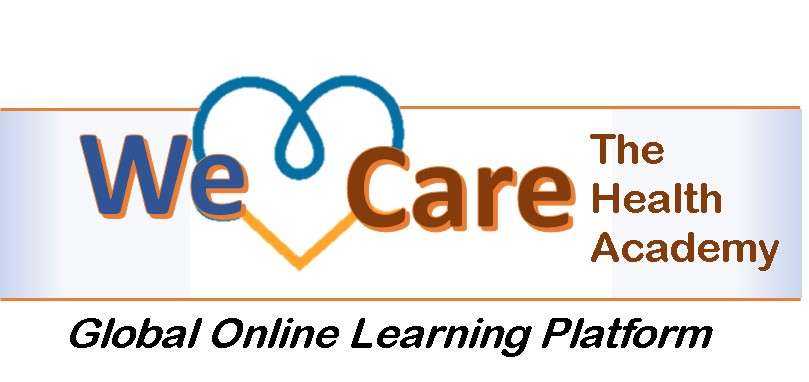Welcome to We Care
We Care is a global online platform (https://wecaregolp.com/) with content covering diverse areas of the health sector, natural sciences, etc.
- We try to make our content as unique, descriptive, and informative as possible.
- Our goal is to create an educational niche where one can find relevant topics and use them as study materials/notes.
- We are planning to expand it enormously in near future.
- This online educational platform is dedicated to providing comprehensive study notes and resources for healthcare professionals (including students) as well as others interested in health-related fields.
- This niche covers a range of subjects, including anatomy and physiology, nutrition, diseases, diagnostic procedures, preventive measures, public health, and more.
- The notes provided by We Care are created by healthcare professionals. It covers all aspects of the subject matter, from the basics to advanced topics. They are intended to assist all in achieving their academic and professional objectives and to provide them with a comprehensive understanding of the material.
-
Hyperglycemia (High Blood Sugar)
What is Hyperglycemia? Hyperglycemia is the medical or technical term for high blood sugar (glucose). It happens when the body does not produce insulin or cannot use insulin properly. What are the Causes of Hyperglycemia? Hyperglycemia can have various causes : Who is at Risk of Hyperglycemia? Hyperglycemia can occur in a wide variety of…
-
Oral Glucose Tolerance Test (OGTT)
Oral Glucose Tolerance Test (OGTT) The oral glucose tolerance test shows how much blood glucose rises after drinking a defined sugar solution. The test helps to identify people with increased risk of diabetes or manifest type 2 diabetes. It uses commonly during pregnancy for diagnosing gestational diabetes mellitus (GDM). What is an OGTT? An oral glucose tolerance test…
-
Proportioning of Dialysis Solution
Proportioning of the Dialysis Solution Proportioning means the defined enrichment of the dialysis solution with electrolytes. The electrolytes are now available as an acid concentrate in liquid form in containers, canisters, and the bicarbonate – as Bicart or Bibag. The acid concentration usually contains five electrolytes: sodium (Na+), potassium (K+), calcium (Ca2+), magnesium (Mg2+), and…
